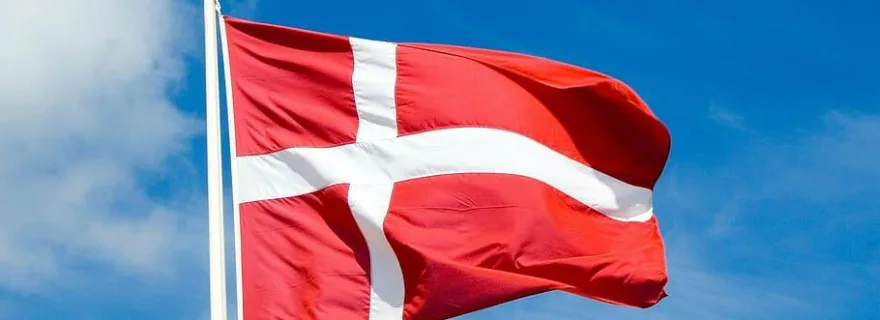An effective reparation by the Danish government
Denmark has granted asylum to the mother of six Syrian Refugee children in compliance with the request of the UN Committee on the Rights of the Child. It shows how the Convention on the Rights of the Child's complaints mechanisms could effectively remedy violations of children's rights.
In 2015, six children, Syrian nationals of Kurdish ethnicity, between the ages of 3 to 16 years, fled from Syria to Demark with their parents. The four youngest children travelled with their mother via Turkey and Greece. The other two children travelled directly to Denmark with their father.
The father and two older children were granted refugee status in Denmark. However, the Danish authorities rejected the application for asylum for their mother and the four youngest children. Greece had been their first country for asylum where they had been granted refugee status. The mother appealed the decision before the Refugee Appeals Board and three children were granted family reunification status with their father in Denmark. Three months later, the youngest child was also granted family reunification status with his father.
The mother was ordered to return to Greece. In August 2018, the children filed a complaint before the CRC Committee under the Optional Protocol on a communications procedure and argued that separation from their mother would violate their rights under the Convention on the Rights of the Child. The Committee registered the communication and granted a request for interim measures. Denmark refrained from deporting the mother and reopened the asylum proceedings in June 2019. Later that year Denmark granted asylum to the mother after which the applicants agreed to discontinue the case before the Committee.
At any time during the procedure, the Committee can transmit a request to the State Party concerned for its urgent consideration to take interim measures. It can do so in ‘exceptional circumstances to avoid possible irreparable damage to the victim or victims of alleged violations’ (Art. 6 Optional Protocol).The State Party may present arguments at any stage of the proceedings if it considers that the request for interim measures should be lifted or is no longer justified (art. 7 Rules of procedure under the Optional Protocol; see also the Guidelines on interim measures). This implies that State Parties are not obliged to comply with requests for interim measures. State Parties may not even present arguments for non-compliance.
This case shows, however, that State Parties may very well respect a request for interim measures, which contributes to the effectiveness of the complaints mechanism. It gives State Parties the opportunity to quickly examine the required remedies and to end pressing violations of children’s rights accordingly. This is exactly why the Committee has applauded Denmark’s decision. According to the Committee, the Danish government’s ruling ‘put the best interests of the children first (…) and had set a benchmark to show how the CRC’s complaints mechanism could efficiently remedy violations of children’s rights’ (Press Release, 8 April 2020).


